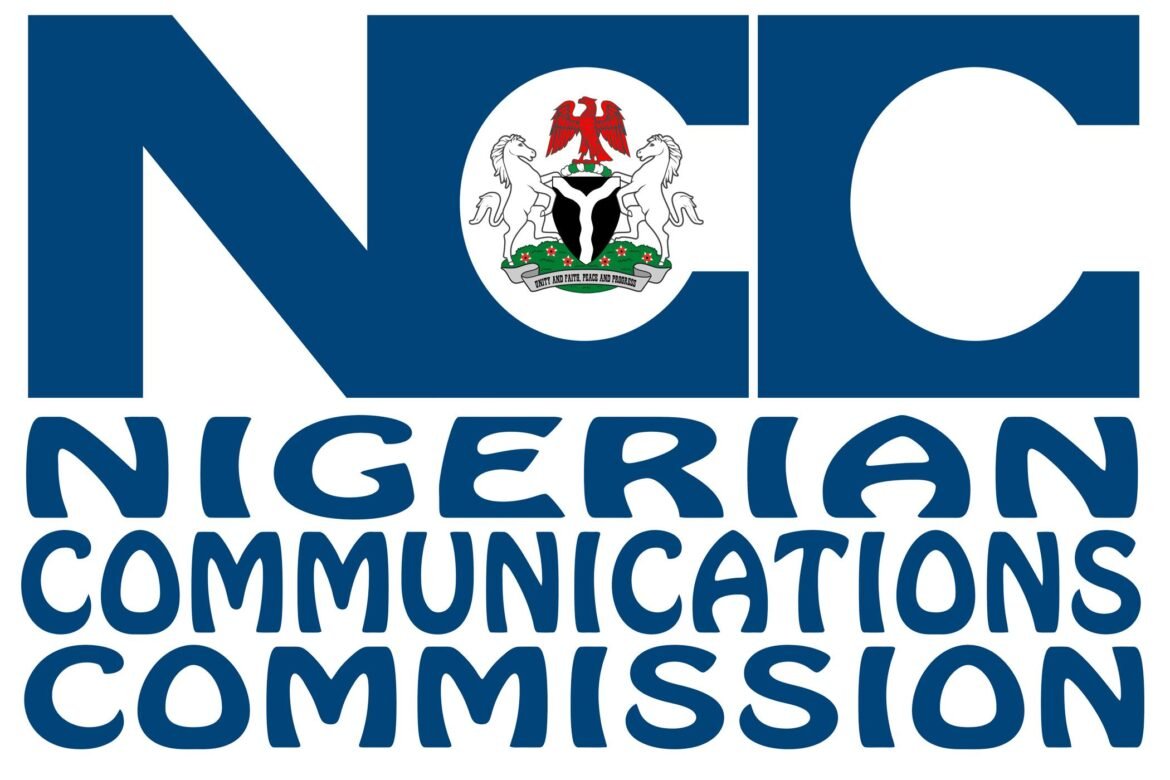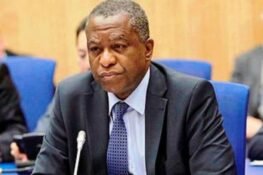The Nigerian Communications Commission (NCC) will be lifting the suspended Spectrum Trading Guidelines (STG), 2018, pending the conclusion of the ongoing review of the guidelines.
Dr. Ikechukwu Adinde, NCC’s director of public affairs of the Commission, said in a statement on Thursday that the lifting of the suspension followed deliberations on the subject by the Board of NCC at its September 16, 2020 Special Board Meeting.
The Meeting, he said, was preceded by the suspension of the STG by the Board at its 96th Board Meeting held in May 18, 2020.
Adinde said, “The Board was satisfied that, given the state of the consultation, it was possible to lift the suspension of the STG pending the conclusion of the review.”
READ ALSO: ABU Professor Heads NCC’s Evaluation Committee On 2020 Research Proposals
“Accordingly, the Board resolved that the suspension of the STG be lifted and that relevant stakeholders continue to operate the STG while a new/revised STG is finalised in consultation with the industry,” his statement read.
On May 27, 2020, NCC announced the suspension of STG 2018 for the Nigerian telecommunications industry and informed all licensed telecoms operators, prospective investors, industry stakeholders and the general public of the regulatory decision.
The Board of NCC had earlier taken the decision for Spectrum Trading in response to telecommunications global dynamics, as well as the efforts to optimally utilise and maximise the benefits of Spectrum as a scarce resource.
Spectrum is a limited resource, which, when inefficiently utilised, greatly limits broadband coverage and speed. The current Spectrum Trading Guidelines were developed in 2018 after industry-wide consultations and this instrument allows that the Spectrum resource be traded on the Secondary Market through Transfer, Sharing or Leasing (TSL) upon satisfying stipulated regulatory conditions.
READ ALSO: NCC Set To Review Rates For International Voice Calls
According to the Commission, the Nigerian National Broadband Plan (NNBP), 2020-2025 launched by President Muhammadu Buhari in Abuja in March 2020, requires that these Guidelines be reviewed to ensure that unutilised Spectrum is fairly traded to facilitate rollout by other operators amongst others.
The Guidelines will also help to address the need for ubiquitous broadband deployment to accelerate penetration and access in line with the economic Agenda of the Federal Government.








